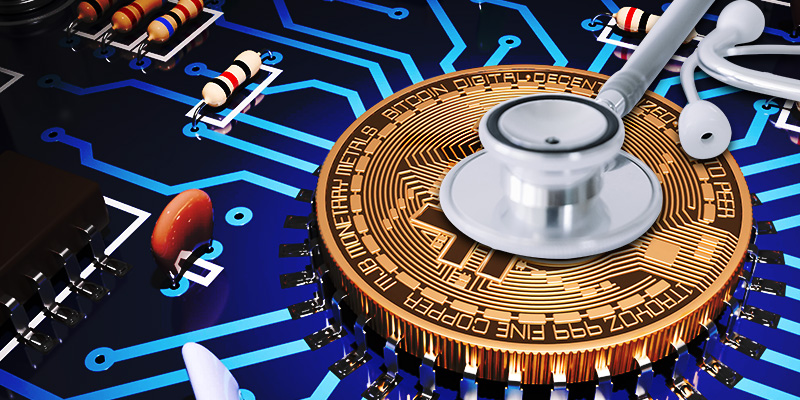
Blockchain is the world’s leading software platform for digital resources which has taken the world by a storm. In the present scenario when blockchain technologies are grabbing, startups are also attempting to make the best utilization of it.
The functionality of Blockchain is via its platform where any type of data can be stored. The basic highlights of blockchain which make it an efficient and trustworthy storage space are the following.
*The information is stored in a shared database with no focal or ace duplicate, which makes it almost unimaginable for a hacker to corrupt.
*The information stored is regularly updated and tuned by different clients.
*This data is public, which implies anybody on the internet who has appropriate credentials can get to it.
These highlights make it an ideal platform for any sort of record keeping. This is the reason behind why blockchain can be relevant in and any sector, be it Business, Logistics, Manufacturing, etc.
Each and every industry needs some database in which a business can enter, store, edit and deal with the data identified with their work.
Like some other sectors, the healthcare industry has pulled in the consideration and enthusiasm of blockchain-based product designers in a significant and admirable way. Over the last two years, blockchain products going for utilizing the healthcare sector have mushroomed from various parts of the globe, with some having an intense effect and growing rapidly. These accomplishments underline the potential and guarantee that development of blockchain products will enhance the sector.
Potential uses of blockchain in healthcare
There is a lot of discussion about the effects of blockchain technology in healthcare. Here are some potential ways in which blockchain already is or can be deployed in healthcare:
Patient medical records:
Blockchain would offer a typical database of patient health information. With this database, doctors, nurses, and suppliers could access such data effortlessly, regardless of what EHR is used. Access to data inside a typical digital database would expand the time spent on patient care, as opposed to sitting idle searching for patient data.
Privacy and Cybersecurity:
Patient protection and privacy are significant worries within healthcare. For those in healthcare, steps have been taken to organize and enhance security. Despite the fact that there have been initiatives, blockchain could be the solution healthcare is searching for. A system of PCs would keep up this virtual, incorruptible database. Since no single gathering or entity is responsible for holding the information, it can’t be changed without the approval of all partners, decreasing the risk of security breaks. Subsequently, all members are responsible for ensuring information integrity and security.
Cooperation and governance:
Hospitals require great, reliable, and timely information, however, they also require the ability to share information and data across organizations. A common digital blockchain database would allow those in healthcare to easily get to shared data at a faster than ever rate. In this manner, blockchain would enhance data governance because it would take into account more prominent trust in data, accomplish greater ownership in the data, improve interoperability, and result in better data-driven basic leadership.
Data and Analytics:
Shared information inside the virtual database will bring about continual updates, leading to enhanced real-time analytics. Blockchain would allow for greater confidence in health information exchange, and this would enable organizations to team up to understand healthcare trends. Moreover, healthcare providers would have a simpler time recognizing trends, which could have an impact on population health management and patient care.
Healthcare providers need to begin getting ready for this technology to disrupt healthcare, and society should prepare for its interruption on a more prominent level.
A survey conducted by Spok shows that an ever-increasing number of hospitals are grasping mobile strategies for devices thanks to doctor demand. Hospitals clinicians need mobile devices in the workplace to help the process of searching staff, managing patient data, and equipment. So, smart hospitals are developing mobile apps with the help of top mobile app developers to improve patient care, streamline workflows, and increase efficiency.
By observing the realities and necessities of the present healthcare sector, mobile app development companies are encouraging clients with cutting edge and upgraded mobile healthcare apps that are built to meet the basic requirements of patients and doctors.
FuGenX Technologies is considered a trusted Blockchain development company in Dubai. Being one of the top mobile app and game development companies, we set up together the expert team to a board that helps to provide Blockchain solutions.

